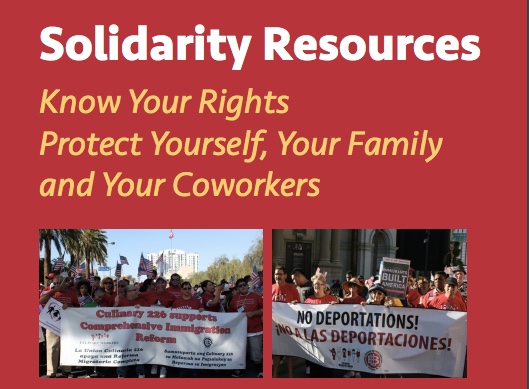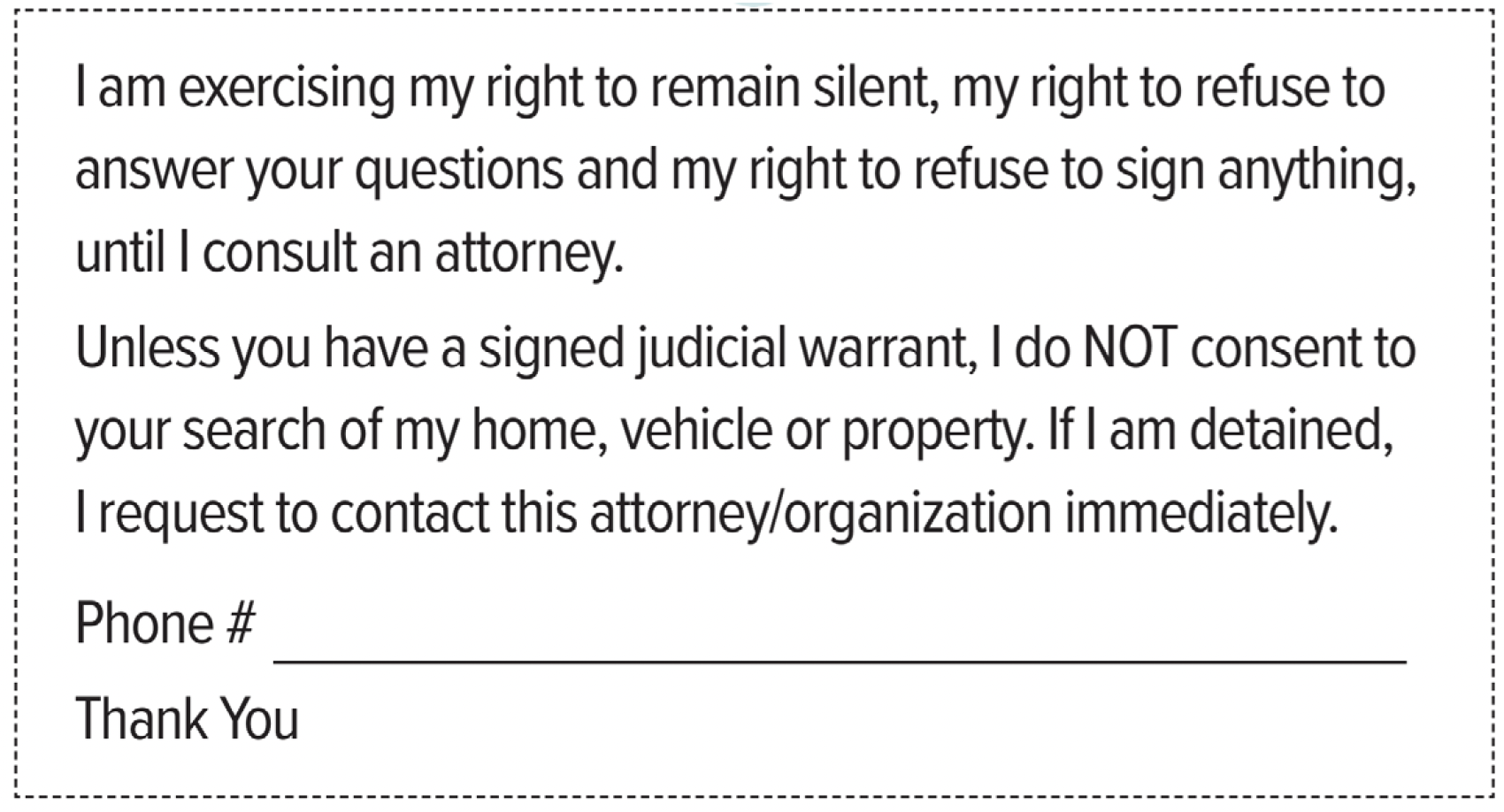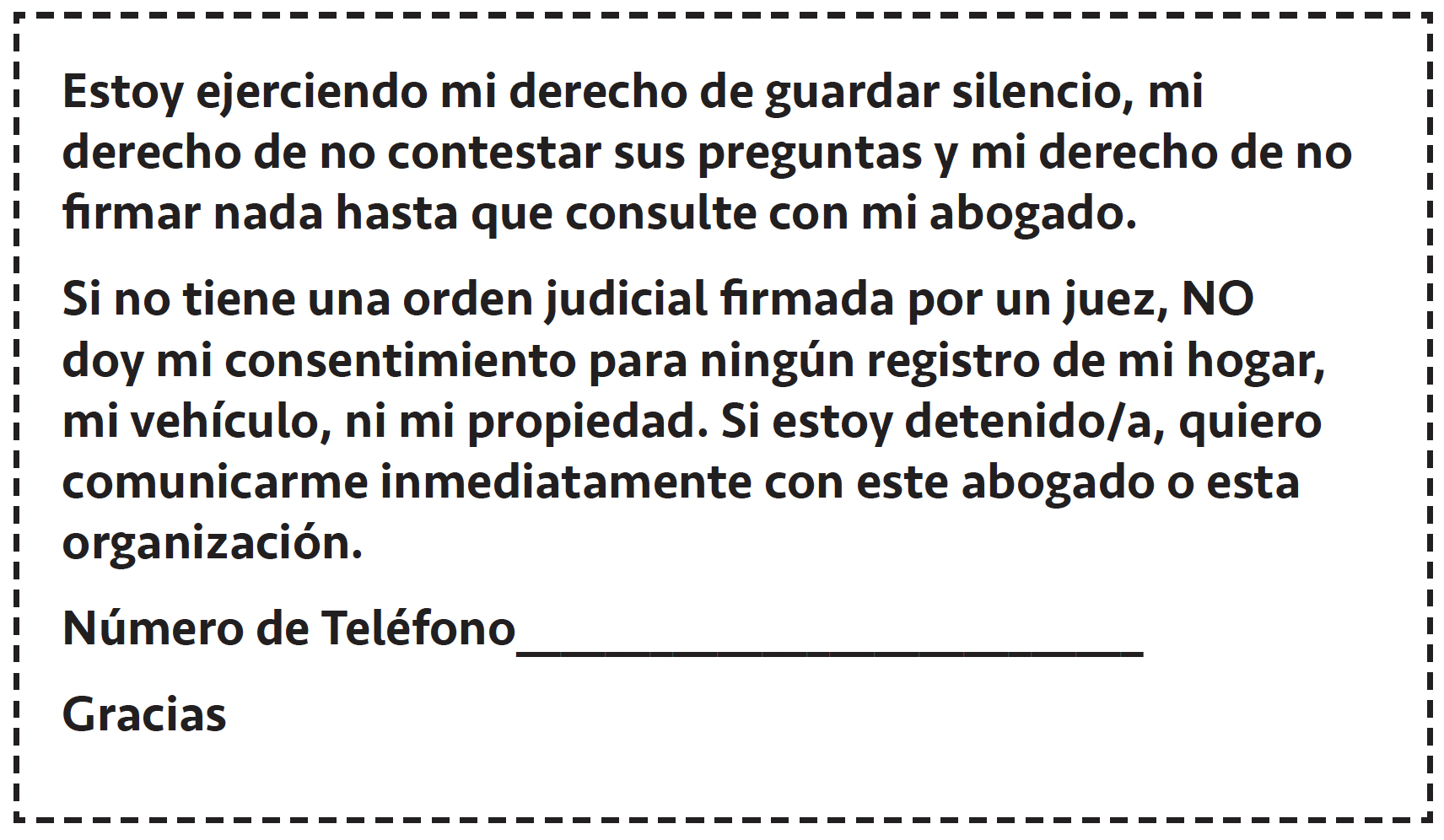Posts from April 2025

Scroll down to read this message in Spanish. Vaya hacia abajo para leer este mensaje en español.
 Scroll down to read this message in Spanish. Vaya hacia abajo para leer este mensaje en español.
Scroll down to read this message in Spanish. Vaya hacia abajo para leer este mensaje en español.
NEWS 3 LV: Culinary Union's Ted Pappageorge advocates for renter protection under Assembly Bill 223 [March 13, 2025]
Ted Pappageorge from the Culinary Union came by to talk about the impact this bill will have with renters and how they can be protected in conditions where utilities fail and if their living conditions turn out to be unsafe.
Scroll down to read this message in Spanish. Vaya hacia abajo para leer este mensaje en español.
- Thursday, April 10th 12pm - 3pm
- Elevate your baking skills with chocolate-filled croissants
- Friday, April 11th 12pm - 3pm
- Make sweet apple turnovers with a flaky, buttery crust
- Wednesday, April 16th 12pm - 3pm
- Create rich, homemade Oreo ice cream from scratch
- Wednesday , April 16th 5pm - 7pm
- Learn time-saving meal planning and prep techniques
- Wednesday, April 16th 5pm - 7pm
- Cook a hearty French classic with meats, sausage, and beans
- Thursday, April 17th 12pm - 3pm
- Make elegant mousse shooters layered with white chocolate and raspberry
- Thursday, April 17th 3pm - 5pm
- Craft two seasonal drinks: April Flowers and Coconut Matcha
- Friday, April 18th 12pm - 3pm
- Assemble creamy, no-bake cheesecake shooters with creative toppings
- Tuesday, April 22nd 5pm - 7pm
- Make Japanese favorites like spam Musubi
- Wednesday, April 23rd 12pm - 3pm
- Create caramel, chocolate, and nut-packed turtle candies
- Thursday, April 24th 12pm - 3pm
- Customize chocolate bark with nuts, dried fruit, and candies
- Friday, April 25th 12pm - 3pm
- Learn to make crisp, caramelized nut brittle
- Wednesday, April 30th 12pm - 3pm
- Whip up airy, crisp meringue cookies in different flavors
- Wednesday, April 30th 5pm - 7pm
- Pan-sear salmon and serve it with a creamy spinach sauce
- jueves, 10 de abril, 12pm – 3pm
- Mejore sus habilidades de repostería con croissants rellenos de chocolate
- viernes, 11 de abril, 12pm – 3pm
- Prepare empanadas de manzana dulces con una base hojaldrada y mantecosa
- miércoles, 16 de abril, 12pm – 3pm
- Prepare un delicioso helado de Oreo casero desde cero
- miércoles, 16 de abril, 5pm – 7pm
- Aprenda técnicas de planificación y preparación de comidas que le ahorrarán tiempo
- miércoles, 16 de abril, 5pm – 7pm
- Cocine un platillo abundante clásico francés con carnes, salchichas y frijoles
- jueves, 17 de abril, 12pm – 3pm
- Prepare un elegante mousse con capas de chocolate blanco y frambuesa en vasos de shot
- jueves, 17 de abril, 3pm – 5pm
- Prepare dos bebidas de temporada: Flores de abril y Matcha de coco
- viernes, 18 de abril, 12pm – 3pm
- Prepare cheesecake cremoso sin hornear con coberturas creativas en vasos de shot
- martes, 22 de abril, 5pm – 7pm
- Prepare platos japoneses favoritos como el spam Musubi
- miércoles, 23 de abril, 12pm – 3pm
- Cree dulces de tortuga repletos de caramelo, chocolate y nueces
- jueves, 24 de abril, 12pm – 3pm
- Personalice la corteza de chocolate con nueces, frutas deshidratadas y dulces
- viernes, 25 de abril, 12pm – 3pm
- Aprenda a preparar crocante de nuez crujiente y caramelizado
- miércoles, 30 de abril, 12pm – 3pm
- Prepare galletas de merengue ligeras y crujientes de diferentes sabores
- miércoles, 30 de abril, 5pm – 7pm
- Selle salmón en sartén y sírvalo con una cremosa salsa de espinacas
Scroll down to read this message in Spanish. Vaya hacia abajo para leer este mensaje en español.
- Not Open the door. You have the right to refuse to allow ICE or police to enter your home unless the officers show a search warrant signed by a judge.
- Ask to see a warrant. You have the right to ask ICE to slide the warrant under the door so you can inspect it. ICE can only enter your home if they have a search warrant signed by a judge with your full name and home address.
- Remain silent. Present the Rights Card to officers. If you talk about your immigration status, your country of origin or how you got to the U.S., this information could be used against you.
- You have the right to remain silent, to speak to your attorney, to leave if you are not being arrested or detained, and to not sign anything without speaking to your attorney.
- If you are the driver of the vehicle, do not resist. You may be required to show your license, registration and proof of insurance. Passengers are NOT required to carry identification. In some states, you can be require to provide your name to state or local police.
- Take note of which kind of law enforcement agent has stopped you (sheriff, city or county police, state trooper, or immigration officer), and the name and badge number of the agent.
- Remain silent and not provide information that can be used against you. Lying or providing false information can have very serious consequences.
- Speak to an attorney. By speaking to an attorney before you answer questions, you can make informed decisions about what to say and what information to provide.
- Not sign any document ICE presents to you. You have the right to speak with an attorney before signing anything.
- Leave if you are not being detained. You have the right to ask the ICE officer if you are being detained or are free to go. If you are not being detained, you have the right to walk away. Stay calm and do not run.
- Ver una orden judicial ANTES de abrir la puerta. Tiene derecho a negarse a permitir que ICE o la policía ingresen a su hogar a menos que los oficiales muestren una orden judicial firmada por un oficial judicial (generalmente un juez).
- ¡Una orden del Departamento de Seguridad Nacional de los EE. UU. (U.S. Department of Homeland Security) nunca es suficiente! Tiene derecho a pedirle a ICE que deslice la orden debajo de la puerta para que pueda inspeccionarla. No tiene que abrir la puerta hasta que lo hagan. Si es una orden de arresto, debe estar firmada por un funcionario judicial y tener su nombre en ella. Si se trata de una orden de cateo, debe estar firmada por un funcionario judicial y debe tener la dirección exacta de su domicilio. Si abre la puerta a ICE sin una orden judicial, esto puede ser visto como si diera su “consentimiento” para que ingresen e inspeccionen su domicilio.
- Permanezca en silencio. Presente a los oficiales la Tarjeta de Derechos que se encuentra al final de este folleto. Si habla sobre su estatus migratorio, su país de origen o cómo llegó a los EE. UU., esta información podría usarse en su contra.
- Tiene derecho a permanecer en silencio, a hablar con su abogado, a irse si no lo están arrestando o deteniendo y a no firmar nada sin hablar con su abogado.
- Si usted es el conductor del vehículo, es posible que se le pida que muestre su licencia, registro y comprobante de seguro.
- Tome nota de qué tipo de agente de la ley lo detuvo (alguacil [sheriff], policía de la ciudad o del condado, policía estatal o funcionario de inmigración) y el nombre y número de placa del agente.
- Permanecer en silencio y no brindar información que pueda usarse en su contra. Mentir o brindar información falsa puede tener consecuencias muy graves.
- Hablar con un abogado. Al hablar con un abogado antes de responder preguntas, puede tomar decisiones informadas sobre qué decir y qué información proporcionar.
- No firmar ningún documento que ICE le presente. Tiene derecho a hablar con un abogado antes de firmar cualquier documento.
- Retirarse si no está detenido. Tiene derecho a preguntarle al oficial de ICE si está detenido o si es libre de irse. Si no está detenido, tiene derecho a irse. Mantenga la calma y no corra.
Scroll down to read this message in Spanish. Vaya hacia abajo para leer este mensaje en español.
- Commuting
- Parking at/near work
- Household density and personal vehicle usage
- Carpooling and public transportation
- Commuting stress
- Innovative technology and more.
- Viajes al trabajo
- Estacionamiento en/cerca del trabajo
- Densidad de hogares y uso de vehículos personales
- Uso compartido de vehículos y transporte público
- Membresía sindical
- Estrés en los viajes
- Tecnología innovadora y más.

ENGLISH: Solidarity Resources: Know Your Rights, Protect Yourself, Your Family and Your Coworkers
Para leer la siguiente información en español, haga clic aquí: http://www.culinaryunion226.org/en-espanol/actue/conozca-sus-derechos
--
If ICE comes to your workplace or stops you in public, you have the right to:
• Remain silent and not provide information that can be used against you. Lying or providing false information can have very serious consequences.
• Speak to an attorney. By speaking to an attorney before you answer questions, you can make informed decisions about what to say and what information to provide.
• Not sign any document ICE presents to you. You have the right to speak with an attorney before signing anything.
• Leave if you are not being detained. You have the right to ask the ICE officer if you are being detained or are free to go. If you are not being detained, you have the right to walk away. Stay calm and do not run.
NOTE: In case of an ICE raid in your workplace, contact your union rep or shop steward immediately.
--
If ICE comes to your home, you have the right to:
• See a warrant BEFORE you open the door. You have the right to refuse to allow ICE or police to enter your home unless the officers show a court warrant signed by a judicial officer (usually a judge).
• A warrant from the U.S. Department of Homeland Security is never enough! You have the right to ask ICE to slide
the warrant under the door so you can inspect it. You do not have to open the door until they do. If it is an arrest warrant, it must be signed by a judicial officer and have your name on it. If it is a search warrant, it must be signed by a judicial officer and have the exact address of your home. If you open the door to ICE without a court warrant, this may be seen as giving “consent” to have your home entered and searched.
• Remain silent. Present the Rights Card at the end of this booklet to officers. If you talk about your immigration status, your country of origin or how you got to the U.S., this information could be used against you.
NOTE: ICE agents can and do lie in order to gain entrance to your home.
--
If you are stopped in your car:
• You have the right to remain silent, to speak to your attorney, to leave if you are not being arrested or detained, and to not sign anything without speaking to your attorney.
• If you are the driver of the vehicle, you may be required to show your license, registration and proof of insurance.
• Take note of which kind of law enforcement agent has stopped you (sheriff, city or county police, state trooper, or immigration officer), and the name and badge number of the agent.
Remember: Presenting false documents or false identification can lead to serious legal consequences.
--
Carry A Rights Card
Keep this card (and the phone number of an immigration attorney) with you at all times. These rights apply to everyone in the United States—carrying this card is an important reminder of those rights, especially for those of us in communities that face racial profiling by police or ICE.






